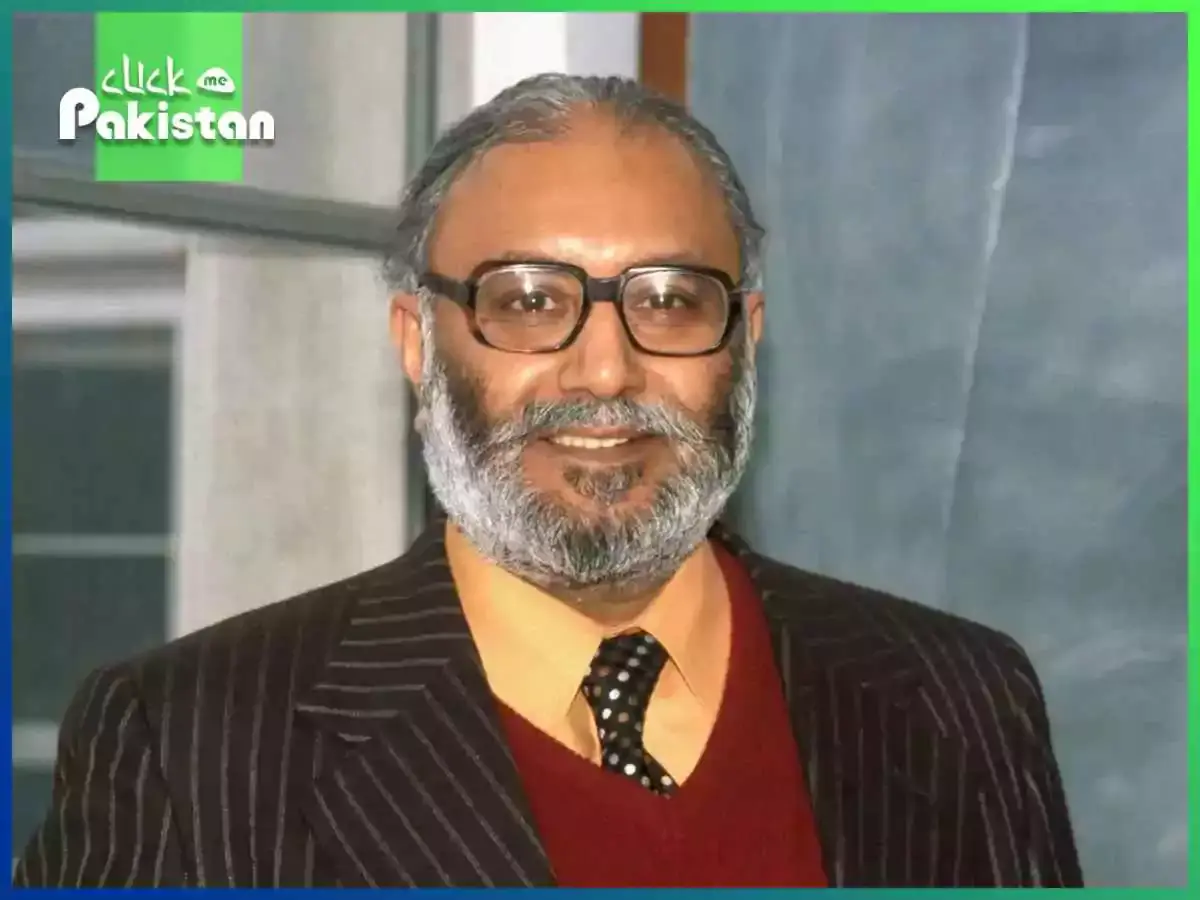29 January might have been a very normal day for most of us, but it was a day that must be celebrated with all zeal and zest. It was a day when a legend or rather one of the biggest names in science was born. A man who shaped the modern world of science, a man who was loved by the world but abandoned by his people- that man was none other than Dr Abdus Salam.
Here is a brief timeline of this forgotten legend’s life
Dr Abdus Salam Early Life

Dr Abdus Salam was born in 1926 in a very humble village of Jhang, in Punjab. He was born during the time of the British Raj in India.
Dr Abdus Salam was a staunch believer in the ideology of Pakistan, and therefore he migrated with his family. He used to proudly say that he was a Pakistani.
Dr Abdus Salam was the youngest son and was also the favorite sibling and child at home. One of the many reasons why he was the most loved at his home was because he was the smartest and most intelligent.
His family had high hopes for him especially his grandfather who believed in him and his future endeavors. he was born to an Ahmedi family and was observing and practicing Ahmedi.
Two things played a major role in his life and that was his religion and science.
Gifted Student
It was visible from early on that he was magnificently intelligent and smart. There was just something so different about this young boy.
As a young boy, he was often seen questioning things. His curiosity had no limits. He was a bright student and he scored the highest marks in his school in Matric.
He studied at Punjab College and after scoring the highest marks in his school, he was therefore awarded a scholarship at Government College In Lahore in 1940 when he was only 16.
GC College Days

Dr Abdus Salam then went to Lahore where he was met with all things that he never really saw before. According to him, he had never really seen a light bulb before.
He studied physics which he considered to be his first love. He was extremely passionate about physics.
While he was studying at GC College, he felt a sense of isolation. He used to feel this sense of abandonment because there weren’t many people who weren’t discussing ideas and majorly his first love was science!
Three years later in 1943, he published a scientific paper titled “A problem of Ramanujam” in which he solved a mathematical problem attempted by Ramanujam, who was considered to be a genius and prodigy in the realm of mathematics at that time.
Soon his interest in physics became quite evident. Because he was so bright and studious he was awarded a scholarship to Cambridge University.
Nobel-Prize Winning Ideas
Dr Abdus Salam’s intelligence was never bound to his youth in academia but rather flourished throughout his time as a theoretical physicist with the opportunity to research.
In 1956, Abdus Salam discovered the revolutionary idea of “neutrino parity violation” through his independent research was rejected. He was forced to wait for his publication. Due to his bad luck, two Chinese took credit.
Yet all was not lost, he still won a Nobel Prize along with two other scientists. He was awarded the Nobel Prize for “their contribution to the theory of the unified weak and electromagnetic interaction between elementary particles, including the prediction of the weak neutral current”
This was a huge achievement for him and Pakistan. During all this, he wore Pakistan on his sleeve. He was very proud and excited to represent his country.
His Contribution To Physics

Dr Abdus Salam was one of the first few scientists to work on the idea of the electro-work theory. In this theory, he sought to find the relationship between the electromagnetic force and weak nuclear force.
Dr Abdus Salam’s theory postulated that the relationship between the weak force and electromagnetic force was connected through 4 “carrier” particles, two of which are more charged and the other one is more neutral.
Therefore, his theory was groundbreaking as it revolutionized the way we view physics now and the world around us.
Criticism Of His Religion
Dr Abdus Salam was also working on Pakistan’s nuclear program. While he was working on that, he was met with constant backlash because of his religion.
As he was Ahmedi, a lot of people in Pakistan were criticizing him for his religion. It took a mental toll on him as he was Pakistani but his countrymen never really accepted him.
It was later because of this reason he left the country and settled abroad. This according to him was one of the hardest decisions of his life.
Abdus Salam’s Legacy
In the end, his death wasn’t the death of his legacy but kept on with further research on his ideas.
He was so charismatic, humble, kind, and most importantly unique. He was someone who held high hopes for his country but was never given the kind of recognition that he ultimately deserved.
Once in an interview, he said “The present generation seems to inherit a house with very high walls and no windows, still they believe they live in a house and not a prison. They can never progress until and unless they try to rebuild this home on a reliable basis”
Read Our Blog: The Imran Khan Era : Legacy Unfolded









